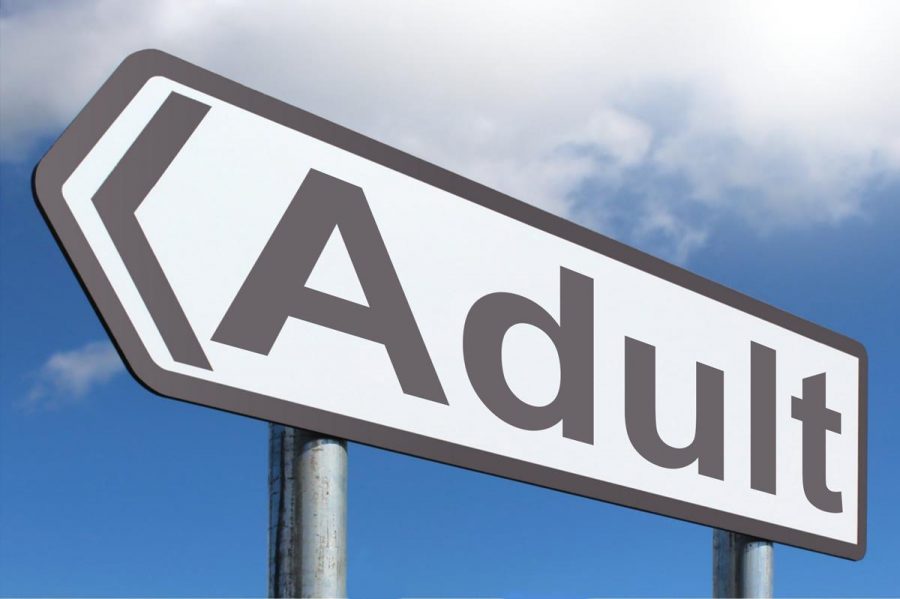When are You Really an Adult?
As I enter my second semester of senior year, the haunting idea of adulthood and the real world lurks in the distance. I’ll be on the hunt for jobs, taking into consideration benefits and salary, then looking for apartments, and so on. But do these “adult” type factors make me an adult?
For some, yes, but for others, not so much.
John Rodgers, a Vermont state senator and Second Amendment advocate, has recently proposed legislation that outlaws the use of cellphones by anyone under 21. The legislation was not meant to be taken seriously, but to provide contrast to a Vermont law passed in 2018 that banned the sale of firearms to most people younger than 21, while people who are at least 18 are allowed to join the military.
Rodgers argued that some people are advocating that the voting age be lowered to 16, but they aren’t mature enough to smoke or purchase a gun. So what are some other laws that define adulthood?
In most states, the legal age for marriage is 18, and for certain ages under that, parental or court consent is needed. Laws vary by state, as do drinking laws. For example, in New York, people younger than 21 are allowed to consume alcohol so long as they are accompanied by a parent or guardian.
Generally, 18 is the age most recognized by society as adulthood, but according to the U.S. National Library of Medicine National Institutes of Health, the human brain does not fully develop until around age 25. Should science be part in deciding when people should be allowed to do certain things? According to Peter Jones, of Cambridge University, “There isn’t a childhood and then adulthood. People are on a pathway. They’re on a trajectory.” Doing things before your brain is technically matured could help developing that pathway, and set that trajectory toward success, but there really should be consistency across the country.

This is Erin Cuomo the opinion editor! She is a senior studying communications with a concentration in public relations and a minor in event management....










